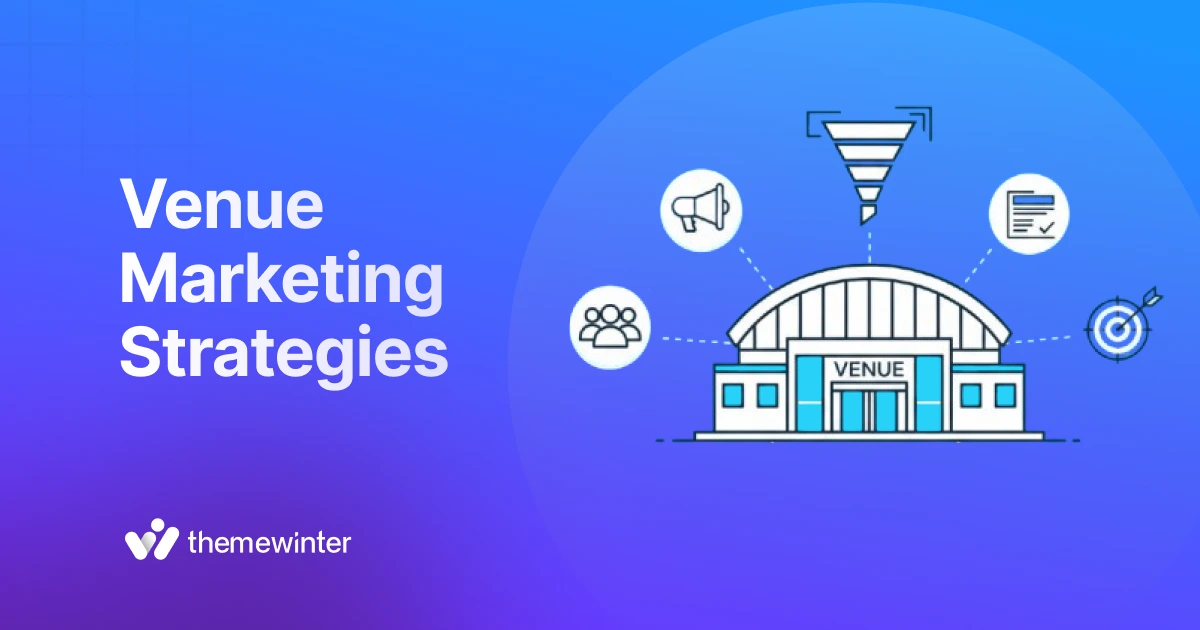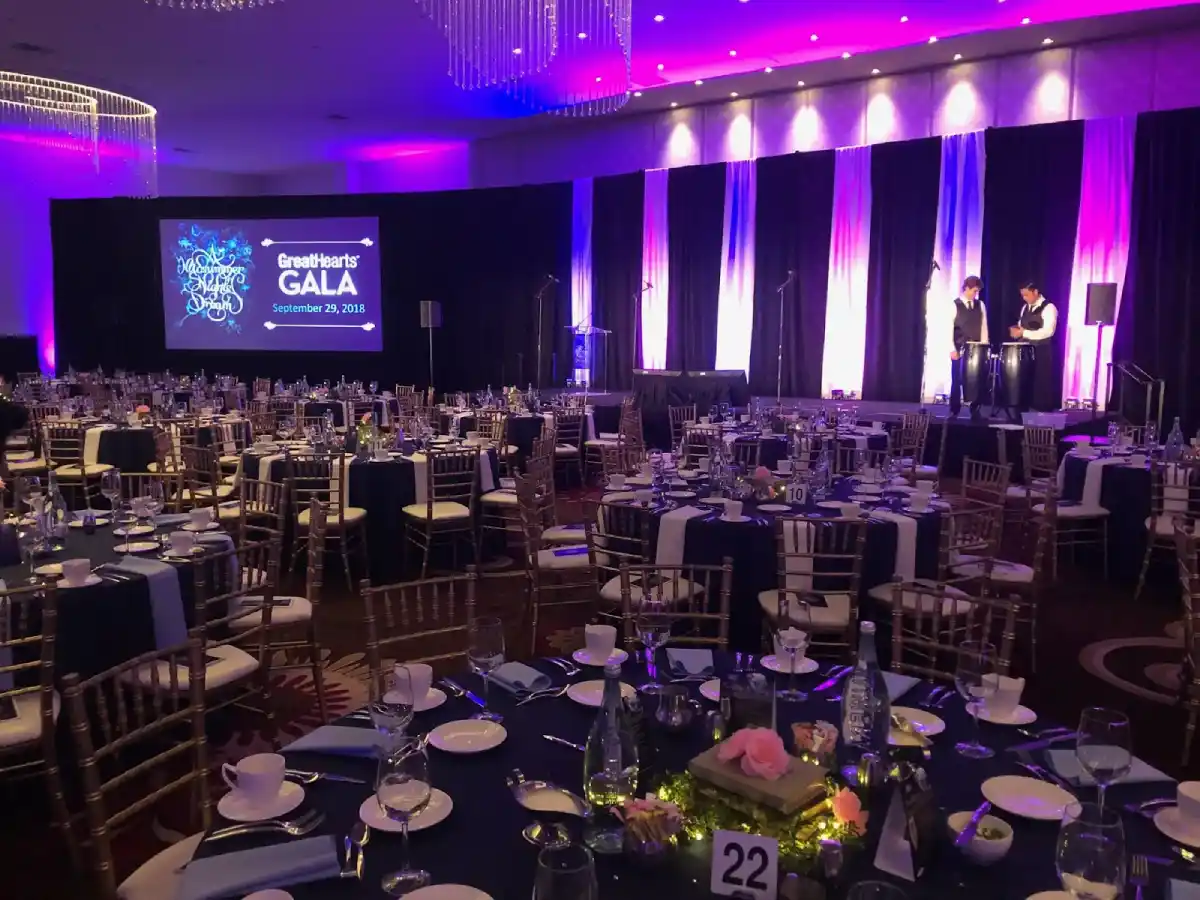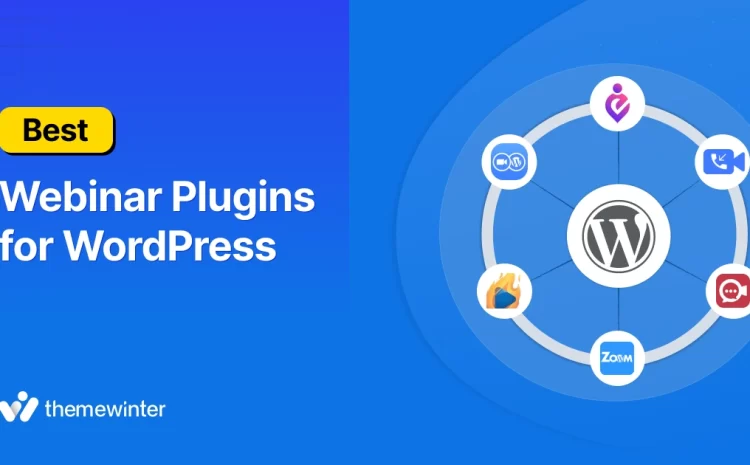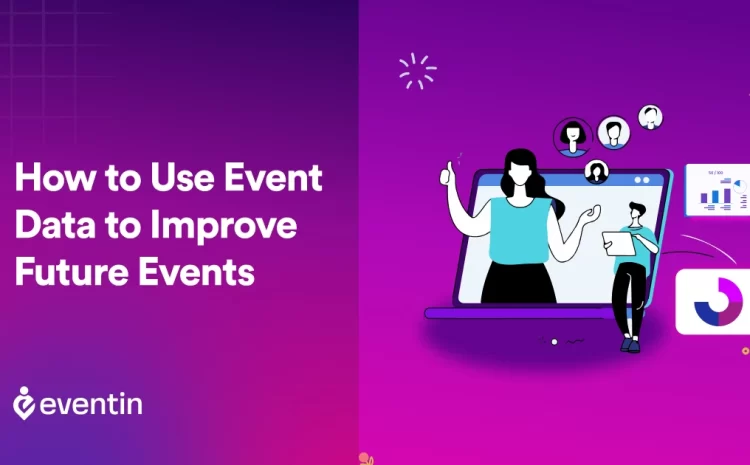10 Proven Venue Marketing Strategies That Drive More Bookings (and Keep Your Calendar Full)

Table of Contents
You’ve lined up great speakers, organized every detail, and booked the perfect venue — but what if the attendees don’t show up as expected?
It’s a common and frustrating scenario, even for experienced planners. Everything on paper looks flawless, but the actual turnout falls short. So, what went wrong?
There could be several reasons — poor timing, unclear messaging, or last-minute conflicts — but one of the most overlooked (yet critical) factors is venue marketing.
You can have the best event in the world, but if people don’t know about it or don’t feel excited about the venue experience, they won’t come.
So, effective venue marketing turns good events into packed, memorable ones.
It’s not just about promoting the event — it’s about making your venue stand out. From reaching the right audience to using local SEO and social media, innovative marketing makes all the difference.
In this guide, you’ll find 10 proven venue marketing strategies to help you drive more bookings, grow visibility, and keep your calendar full.
Let’s get started…
1. Know your target audience and USP first
Understanding your target audience and unique selling proposition (USP) is the central part of effective venue marketing.
Start with clarity. Decide who you serve (weddings, corporate, small events) and what makes your venue different. List real strengths: location, parking, natural light, AV, or kitchen. Then shape your copy, photos, and offers around those.
- Define your audience: Focus on groups like couples, corporate planners, or families so your message speaks directly to them.
- Highlight your strengths: Show off location, parking, amenities, or style. This becomes your Unique Selling Point (USP).
- Use examples: A rustic barn in Austin highlights charm and scenery, while a downtown hall stresses Wi-Fi and large capacity.
2. Make a strong online presence with proper information
Most people find venues online first. Your website is often the “first tour.” If it’s slow, outdated, or unclear, clients may leave before contacting you.
Keep it fast, mobile-friendly, and easy to scan. Show important info above the fold: capacity ranges, packages, parking, accessibility, and contact information.
Additionally, to give a smoother experience, integrate an event calendar into your website along with pricing details and contact forms. This will reduce your attendee bounce rates and help them book the event quickly and easily from anywhere.
Here’s how to make sure your online booking is strong:
- Keep it fast and mobile-friendly: People browse on phones; make sure pages load quickly.
- Show key details clearly: Add capacity, pricing ranges, location map, parking info, and amenities.
- Use visuals and tours: Include high-quality photos, videos, and floor plans so visitors can picture events in your space.
- Add social proof: Place testimonials and reviews on your homepage or booking page.
📚 Related reading: How to Create Event Attendee List in WordPress Event Website- Read more
3. Optimize your venue for local SEO
Local SEO ensures your venue appears in searches when clients are looking for spaces nearby, driving targeted traffic and bookings.
Help them find your venue—Incorporate keywords like “wedding venue in [City]” or “corporate event space near [Area]” into your website content, meta tags, and blog posts.
Use location terms in page titles, tags (h1,h2..), and body copy. Claim and optimize your Google Business Profile with accurate details, photos, and regular updates. Add schema markup to highlight events, reviews, and amenities for richer search results.
This approach can boost local visibility by up to 15-20%, especially with voice search, making it easier for clients to find and book your venue quickly.
- Use location keywords: Add city names in page titles, headings, and descriptions.
- Claim Google Business Profile: Upload photos, add business hours, and keep info updated.
- Keep details consistent: Match your Name, Address, and Phone across all directories.
- Add schema markup: Use the LocalBusiness schema so Google can better show your details.
4. Show real visualization to market your venue
Visual content bridges the gap between imagination and reality, helping clients visualize their events at your space. Share drone footage for outdoor venues or AR previews for setups.
Invest in virtual tours, 360° videos, and interactive floor plans to provide immersive experiences on your website and YouTube.
Show multiple layouts with labeled photos (e.g., 150-guest banquet, 80-guest classroom). Share before/after sets to show potential.
These build trust and minimize booking hesitations by showcasing versatility.
- Add a virtual tour: Let people explore the venue online in 360°.
- Create walkthrough videos: Simple clips showing event setups build trust.
- Show multiple layouts: Share seating plans for weddings, conferences, and banquets.
- Update photos often: Seasonal images keep your gallery fresh and relevant.

5. Promote your venue on social media consistently
Social media is a powerhouse for marketing event venues.
Why? Because events are inherently visual and social – people love to share photos of where they celebrated, and planners love to browse venues on platforms like Instagram, TikTok, and Pinterest for inspiration.
Use Reels/TikTok for short tours and transformations. Tag vendors and clients to extend reach. Pin highlight albums (“Weddings,” “Corporate,” “Quinceañeras”). Reply fast to DMs and comments. Keep a weekly posting rhythm you can sustain.
- Post real events: Share actual client celebrations (with permission), not just staged photos.
- Use short videos: Quick room tours or before-and-after clips work best on Reels and TikTok.
- Tag vendors and clients: Expands reach and builds stronger relationships.
- Stay consistent: Post at least 2–3 times a week to stay visible.
📚 Related reading: How to Write Event Announcements That Actually Get Registrations (With Examples)- Read more
6. Plan and implement an email marketing campaign
Email marketing might sound old-school to some, but it remains one of the highest ROI marketing channels for many businesses – and venues are no exception.
Think of email as your direct line to people who have shown interest in your venue (or past clients who may refer others).
Unlike social media, where algorithms decide who sees your content, an email reaches someone’s inbox for them to read on their time.
A well-planned email campaign can nurture leads, keep your venue top-of-mind, and encourage repeat business or referrals.
Here’s how to make the most of email:
- Build your list: Collect emails from website signups, open houses, and inquiries.
- Send helpful content: Share planning tips, recent event highlights, or upcoming offers.
- Segment by type: Send wedding content to couples, corporate offers to businesses.
- Automate follow-ups: Create a 2–3 email sequence for new inquiries to guide them toward a booking.
7. Collect and showcase previous event reviews
When you want to show new clients that your venue is the best choice, nothing is more powerful than hearing from happy customers. In the events business, reviews and testimonials are extremely valuable.
For example, if a couple sees great reviews from other brides, or a company sees a testimonial from another business about a successful conference, it quickly builds trust.
People are much more likely to believe what others say than what you say in your own ads. So, make it a key part of your marketing to collect and share reviews.
- Ask right away: Request reviews within a week of the event while the experience is fresh.
- Use multiple platforms: Direct clients to Google, Yelp, or WeddingWire.
- Display reviews on site: Place the best testimonials on the homepage and inquiry pages.
- Respond to all reviews: Thank happy clients and address problems politely to show professionalism.
8. Run targeted promotions and packages
Targeted promotions are a powerful way to create urgency, add value, and attract more clients, especially during slower booking periods.
Offer special discounts for weekdays, off-seasons, or create bundled packages that include catering, décor, and AV setup to provide a complete experience.
Make your offers timely and relevant by tailoring them to different seasons or occasions — for example, holiday specials, summer wedding packages, or corporate event deals.
Promote these packages through email campaigns, social media, and paid ads to reach the right audience.
The goal is to design promotions that entice potential customers while still being profitable for your business.
Here are a few ideas you can try to drive more bookings:
- Offer off-peak deals: Give discounts for weekdays or off-season bookings.
- Create bundled packages: Include catering, decor, or AV with the venue for one clear price.
- Make them time-limited: Add deadlines or “only 5 spots” to encourage action.
- Promote widely: Share deals on your website, social media, and email campaigns.
9. Find trusted event vendors and develop partnerships
In the events industry, relationships matter most. If you want to grow your reach and make your venue more attractive, start by building strong partnerships with other event professionals.
Think of it as building your own “venue ecosystem” – a network of vendors and planners who not only make your clients’ events better, but also actively send business your way.
When vendors enjoy working at your venue and planners trust you, you gain a team that helps bring in more business.
Here are some ways to build these important partnerships:
- Build a preferred list: Recommend quality vendors and ask them to feature your venue.
- Cross-promote online: Share posts, tag vendors, and exchange website backlinks.
- Host vendor nights: Invite planners and vendors to see updates at your venue.
- Offer referral rewards: Gift cards or discounts encourage repeat referrals.
📚 Goodreads: How to Sell Event Tickets in WordPress for Free- Read more
10. Track leads and bookings to improve your strategy
Last but certainly not least: data is your friend. You’ve tried different marketing ideas, but how do you know which ones actually work?
Start by tracking your leads and bookings. This way, you can see what gets results and focus on what works best. Over time, this approach will improve your marketing.
Here’s how you can set up a simple system to track your progress and keep getting better:
- Log inquiry sources: Ask how clients found you (Google, Instagram, referral).
- Track funnel stages: Measure inquiry → tour → booking conversion.
- Use Google Analytics: Check which pages or ads bring leads.
- Review monthly: Double down on what works, drop what doesn’t.
📚 Related reading: Common Event Management Challenges With Practical Solutions- Read more
Bonus: Quick action steps (3 things to do now)
If you’re feeling excited but a bit unsure where to begin, here are three quick, high-impact action steps you can take right away to jumpstart your venue marketing:
- Update your website with fresh visuals and testimonials to engage visitors instantly.
- Claim and optimize your Google Business Profile for better local search rankings.
- Post one real client story on social media to spark interest and shares.
Summary
Successful venue marketing comes down to three things: clarity, visibility, and consistency.
Be clear about what your venue offers and who it’s for. Boost your visibility with a user-friendly website, local SEO, engaging social media, and partnerships.
And most importantly — stay consistent. You don’t have to do everything at once.
Start small. Maybe it’s adding a virtual tour to your site, sharing behind-the-scenes content on Instagram, sending a quick email to past clients, or simply asking for a referral.
Each step adds up. With time, these efforts will build trust, attract the right audience, and help fill your calendar with events that keep your venue thriving.

